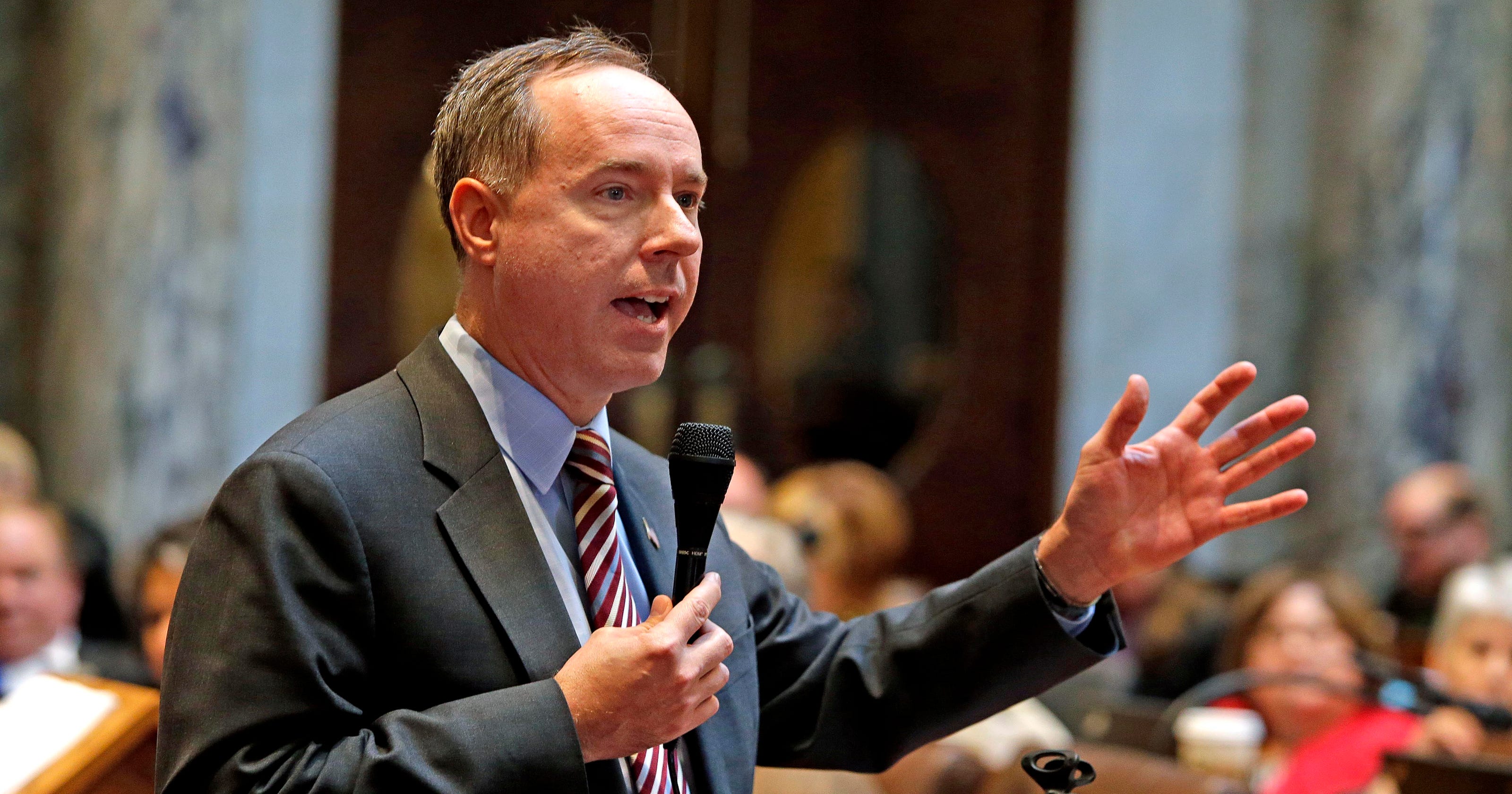Gov. Evers’ approach to Wisconsin cannabis legislation is dead on arrival, say Republican leaders
Support for medical cannabis legalization is higher a 83 percent, with a mere 12 percent in opposition
The prospect of cannabis legalization in Wisconsin might seem promising, what with a recent poll revealing how 83 percent of residents support medical cannabis and 59 percent support recreational cannabis.
Nonetheless, Wisconsin Gov. Tony Evers’ proposal to legalize medical cannabis and decriminalize small amounts of the plant for recreational purposes has fallen flat. This is according to Republicans leaders, with State Sen. Alberta Darling describing Evers’ proposal as “really off-the-wall scary.”
Fear has plagued the U.S. cannabis market since 1936 when propaganda movie Reefer Madness sparked a wave of worry regarding pot consumption. After all, it did paint a picture of cannabis being a gateway drug that causes insanity and hallucinations. The gateway theory was abolished after a study published by the Journal of School Health determined that the theory shares closer ties with alcohol consumption, as opposed to cannabis consumption.
Wisconsin law school poll indicates strong support for medical cannabis
According to a recent poll from the Marquette University Law School in Milwaukee, 59 percent of respondents believe that weed should be legalized for recreational purposes, with just 36 percent opposing the idea.
Support for medical cannabis legalization is higher at 83 percent, with a mere 12 percent in opposition. A total of 33 U.S. states have already legalized the plant for medical purposes, including Wisconsin’s neighbors Michigan, Minnesota, and Illinois.
The rapid emergence of research, studies and scientific evidence pointing to the plant’s medical potential has been largely attributed to the rising support for legal weed.
Of course, cannabis has the potential to produce unwanted side effects when the incorrect dosage or strain is consumed. It also comes with societal costs, but the illicit market is where the real problem lies. The unregulated “black market” can cause dangers and health hazards for buyers, who may be lured by cheaper prices.
Wisconsin medical cannabis bill described as “preposterous”

Evers’ plan to decriminalize small amounts of cannabis was called “so preposterous” and “so far out of the mainstream” by Assembly Speaker Robin Vos. On the other hand, since the vast majority of Americans favor the idea of legalizing cannabis for medical and recreational purposes, cannabis reform doesn’t look like it’s too far away.
Vos might also want to consider that although the federal government has wrongly classified cannabis alongside heroin as a Schedule I drug, data shows that opioid prescriptions have plummeted in states that have legalized cannabis. Although the chances of Wisconsin legislators gaining approval for a medical cannabis bill might be slim right now, overwhelming support from the U.S. population is steering States like Wisconsin in the direction of cannabis reform.








